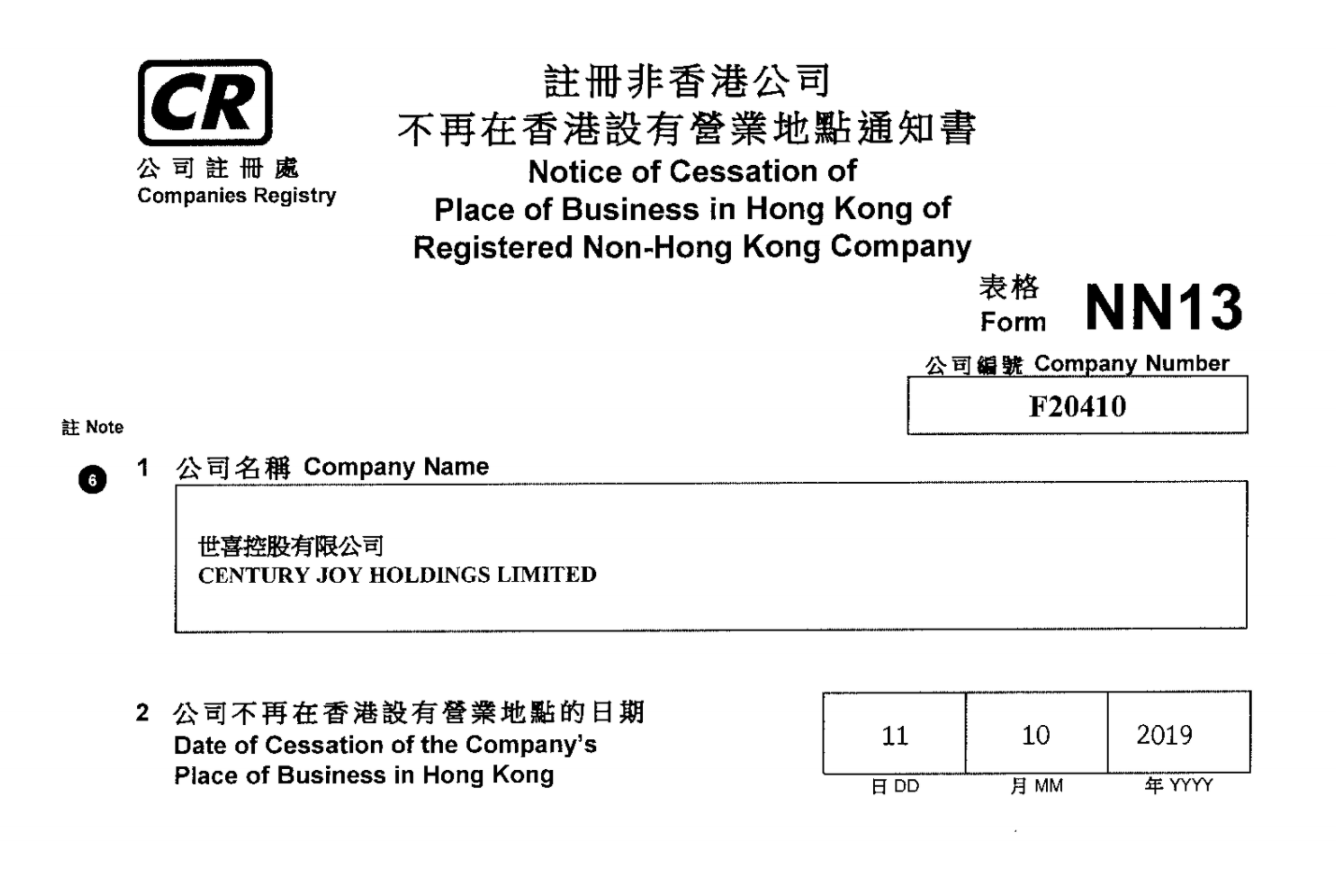Streamlining Business Operations with Effective Journey Management

Journey management is a critical process for businesses that rely on transportation to carry out their operations. It involves planning, coordinating, and monitoring journeys to ensure that they are carried out safely, efficiently, and within budget. In this article, we will explore the importance of journey management, its benefits, and how businesses can implement effective journey management practices to streamline their operations.
What is Journey Management?
Journey management is the process of planning, coordinating, and monitoring journeys to ensure that they are carried out safely and efficiently. It involves identifying potential hazards and risks, developing risk mitigation strategies, and ensuring that journeys are planned and executed within budget and timelines.
Effective journey management requires the integration of several key elements, including route planning, vehicle selection, driver training, real-time monitoring, and communication. By taking a proactive approach to journey management, businesses can minimize risks, reduce costs, and improve operational efficiency.
Why is Journey Management Important?
Journey management is essential for businesses that rely on transportation to carry out their operations. It is particularly critical for businesses that operate in high-risk industries such as oil and gas, mining, and construction. Effective journey management can help businesses in the following ways:
- Improving Safety: Journey management helps businesses identify potential hazards and risks, and develop risk mitigation strategies. This helps to reduce the likelihood of accidents and injuries, protecting the safety of drivers, passengers, and other road users.
- Enhancing Efficiency: Effective journey management helps businesses plan and execute journeys efficiently, minimizing delays and reducing downtime. This helps to improve overall operational efficiency, reduce costs, and improve customer satisfaction.
- Optimizing Resource Allocation: By optimizing journey planning and vehicle selection, businesses can allocate resources more effectively, reducing costs and improving profitability.
- Improving Regulatory Compliance: Journey management helps businesses comply with regulatory requirements such as driver hours of service regulations, vehicle inspection requirements, and transport safety standards.
Benefits of Effective Journey Management
Effective journey management provides a range of benefits for businesses. These benefits include:
- Enhanced Safety: Effective journey management helps to identify and mitigate potential hazards and risks, reducing the likelihood of accidents and injuries.
- Improved Efficiency: Effective journey management helps businesses plan and execute journeys more efficiently, reducing delays and improving operational efficiency.
- Cost Savings: By optimizing journey planning and resource allocation, businesses can reduce costs and improve profitability.
- Enhanced Customer Service: Effective journey management helps businesses to deliver goods and services more efficiently, improving customer satisfaction.
- Improved Regulatory Compliance: Effective journey management helps businesses to comply with regulatory requirements, reducing the risk of penalties and fines.
Implementing Effective Journey Management Practices
To implement effective journey management practices, businesses should consider the following:
- Risk Assessment: Identify potential hazards and risks associated with each journey, and develop risk mitigation strategies.
- Route Planning: Plan journeys to minimize travel time, reduce costs, and avoid potential hazards such as road closures, traffic congestion, and inclement weather.
- Vehicle Selection: Select vehicles that are appropriate for the journey, considering factors such as payload, fuel efficiency, and safety features.
- Driver Training: Provide drivers with the necessary training and resources to operate vehicles safely and efficiently.
- Real-Time Monitoring: Monitor journeys in real-time, using GPS tracking and other technologies to identify potential issues and adjust plans as necessary.
- Communication: Establish clear communication channels between drivers, dispatchers, and other stakeholders, to ensure that everyone is informed and aligned.
By implementing effective journey management practices, businesses can reduce risks, improve efficiency, and enhance safety. This helps businesses to deliver goods and services more efficiently, improve customer satisfaction, and maintain a competitive edge in a fast-paced business environment.
In conclusion, journey management is an essential process for businesses that rely on transportation to carry out their operations. Effective journey management helps businesses identify potential hazards and risks, plan journeys efficiently, allocate resources effectively, and comply with regulatory requirements. By implementing effective journey management practices, businesses can enhance safety, improve efficiency, reduce costs, and enhance customer satisfaction.
Businesses in high-risk industries such as oil and gas, mining, and construction must take journey management seriously to minimize risks and protect the safety of their employees and other road users. However, businesses in all industries can benefit from effective journey management practices to improve their operational efficiency, reduce costs, and improve customer satisfaction.
In today’s fast-paced business environment, where competition is fierce and customer expectations are high, businesses must find ways to streamline their operations and deliver goods and services more efficiently. Effective journey management is one such way to achieve these goals. By taking a proactive approach to journey management, businesses can optimize their operations, reduce costs, and enhance customer satisfaction, ultimately leading to greater success and profitability.





